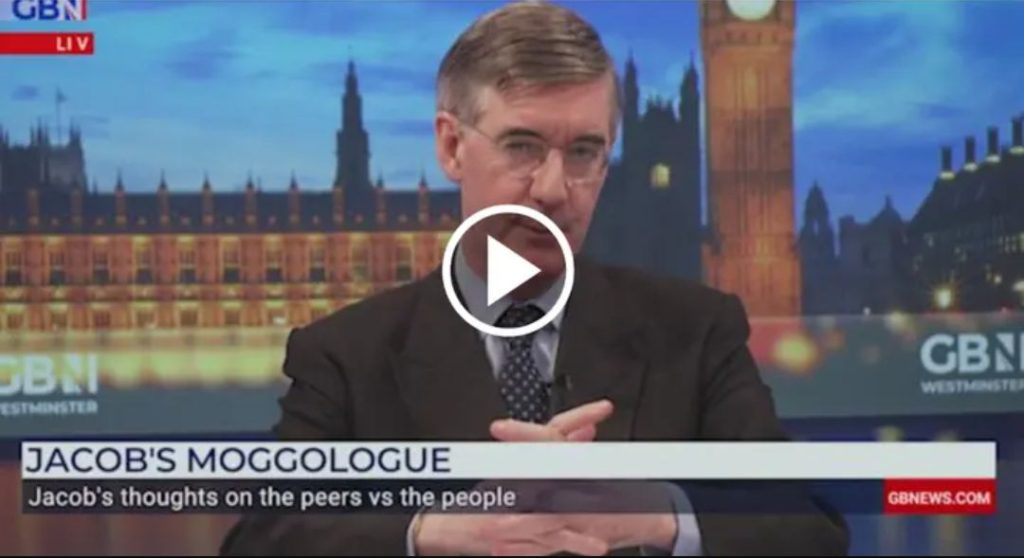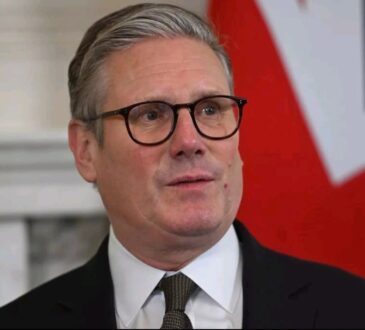
In a surprising turn of events, the House of Lords has taken a stand against the government’s migration policy, raising concerns about delays and frustration tactics. The recent defeat in the House of Lords regarding the bilateral Rwanda treaty, a key component of the deportation policy, has sparked a warning from Jacob Rees-Mogg, highlighting the potential impact on the government’s plans.

According to GB News, The defeat of the Rwanda treaty, crucial for the smooth execution of the deportation policy, is unprecedented in the House of Lords. This setback adds another layer of delay to a plan that was scheduled to commence over 18 months ago. Jacob Rees-Mogg, a prominent figure in the government, sees this as an attempt by the House of Lords to frustrate and obstruct the implementation of the government’s migration policy.
The focus now shifts to the Safety of Rwanda Bill, which constitutes the core legislative framework for the migration plan. This bill is expected to face scrutiny and potential challenges in the House of Lords. The defeat of the treaty sets a precedent, reflecting the prevailing sentiment in the upper house, which seems inclined to oppose the government’s migration policy.
The House of Lords’ resistance has been spearheaded by distinguished peers, including Lord Carlisle, known for his significant contributions, particularly in the independent review of terrorism legislation. Lord Carlisle’s assertion that he is not an “unelected nobody” captures the essence of the unelected nature of the House of Lords. While respected for his legislative expertise, his role in challenging government policy raises questions about the constitutional role of the House of Lords.
Jacob Rees-Mogg emphasizes that the House of Lords’ primary role is to scrutinize details and processes rather than oppose the underlying politics of legislation. The House of Lords, guided by the Salisbury-Addison convention, is expected not to block legislation, especially if it aligns with an elected party’s manifesto. The government’s commitment to reducing immigration, outlined in the 2019 manifesto, is at the heart of the current dispute.
The House of Lords’ recent actions raise questions about its legitimacy in a democratic system. Calls for reform have been persistent, with concerns that appointed peers lack democratic legitimacy. The House of Lords, traditionally focused on detailed examination rather than overt political opposition, is now perceived as delving deeply into political matters, particularly those related to Conservative politics.
As the House of Lords challenges the government’s migrant policy, the clash raises broader questions about the role and legitimacy of the upper house in a democratic framework. The ongoing scrutiny and potential opposition to key legislation underscore the delicate balance between detailed examination and political intervention. The government and the House of Lords face a critical juncture in determining the future course of migration policy and the constitutional role of the House of Lords




